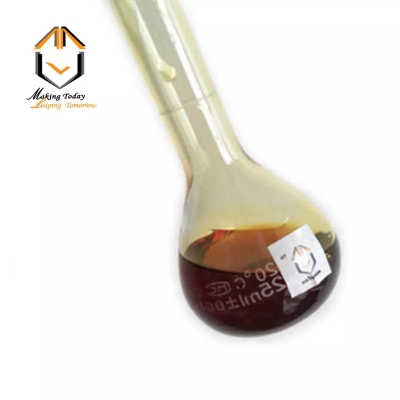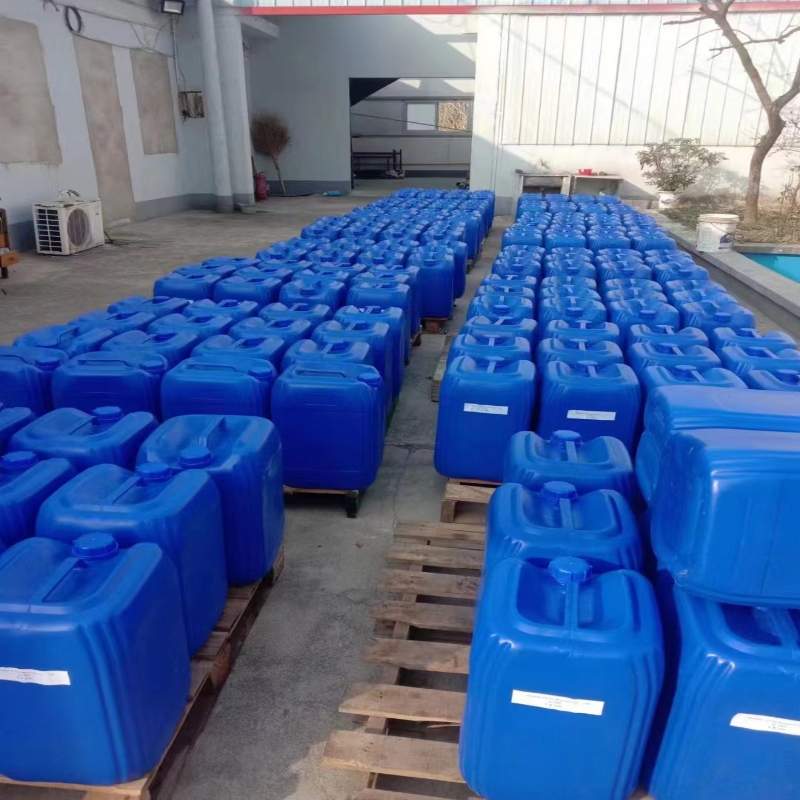-
Categories
-
Pharmaceutical Intermediates
-
Active Pharmaceutical Ingredients
-
Food Additives
- Industrial Coatings
- Agrochemicals
- Dyes and Pigments
- Surfactant
- Flavors and Fragrances
- Chemical Reagents
- Catalyst and Auxiliary
- Natural Products
- Inorganic Chemistry
-
Organic Chemistry
-
Biochemical Engineering
- Analytical Chemistry
-
Cosmetic Ingredient
- Water Treatment Chemical
-
Pharmaceutical Intermediates
Promotion
ECHEMI Mall
Wholesale
Weekly Price
Exhibition
News
-
Trade Service
After weeks of discussion and consultation, the EU recently promoted the sixth round of sanctions against Russia, and the "partial oil ban" further pushed up international oil prices
.
The high fever of international oil prices will not subside, when will there be a turnaround?
The global oil supply gap has widened further
Under the "partial oil ban", the global oil supply gap has further increased
.
On the one hand, Russian crude oil supply has further declined
.
Russia is the world's third-largest oil producer and Europe's largest source of oil imports
.
According to a previous report released by the Russian Ministry of Economic Development, Russian oil production in 2022 is expected to fall by 9.
3% from the previous year to 475.
3 million tons
.
Chen Shuxian, chief analyst of the petrochemical industry of Cinda Securities, pointed out that for Russia, the oilfield production process needs to continue to invest funds, otherwise the production capacity will be exhausted
.
At present, with the withdrawal of foreign investment, Russia's upstream capital expenditure will further decline, and may face the dilemma of a sharp decline in domestic oil fields and a decline in production, and the impact of the conflict on Russian crude oil production will gradually appear
.
Lin Boqiang, director of the China Energy Policy Research Institute at Xiamen University, told China News Agency that the "partial oil ban" will force Russia to change the direction of oil trade and shift from the European Union to some
countries in East Asia and Africa.
However, the market switch is not easy, and even leads to a period of chaos between supply and demand, during which oil prices will continue to run
high.
On the other hand, "OPEC+ production increase" is difficult to make up for Russia's supply gap
.
OPEC+ agreed this week to raise production further to 648,000 barrels per day in July and August from 432,000 bpd
.
However, international oil prices still rose
slightly after the resolution was announced.
Industry analysis, OPEC+ has always been less willing to increase production, although this increase exceeded market expectations, but still could not fill the global crude oil supply gap
caused by the "partial oil ban".
In addition, U.
S.
commercial crude inventories last week were 414.
7 million barrels, down 5.
1 million barrels
month-on-month, according to the U.
S.
Energy Information Administration.
This data also provided support
for oil prices to the upside.
Structural imbalances are likely to persist
Fatih Birol, executive director of the International Energy Agency, warned that the oil market could become tight in the summer and bottlenecks in the supply of diesel, gasoline or kerosene, especially in Europe
.
At the same time, as the aviation industry accelerates its recovery, the global oil supply crunch will further intensify
.
According to the CIO, the world's largest oil producer, Saudi Aramco, warned at the Davos forum that most companies are afraid to invest in the oil industry under pressure from lobbyists who advocate green issues, and the global oil supply is facing a major contraction
.
Whether or not there is a conflict between Russia and Ukraine, problems arising from a lack of investment in the sector, especially during the pandemic, will emerge
.
The view also points out that the oil market underestimates the risk
of energy supply at this stage.
The current structural imbalance in traditional fossil fuels is likely to persist
due to years of underinvestment in the industry.
As a result, Brent oil prices are expected to remain elevated in the coming year
.
Wang Yongzhong, a researcher at the Institute of World Economics and Politics of the Chinese Academy of Social Sciences, believes that the sanctions imposed by the United States and the West on Russia's energy sector have seriously hindered Russia's oil and gas exports, forcing it to reduce investment and production capacity
.
Western energy companies have basically stopped signing new procurement contracts with Russia, sharply reducing the purchase of Russian energy, resulting in a large surplus of Russian energy supply, while other European countries have a serious shortage of energy supply, so that the rapid rise in international energy benchmark prices and the phenomenon of greatly discounted Russian energy prices coexist
.
The analysis believes that the world can not immediately get rid of traditional energy supply, before the successful transformation of new and old energy, the world will continue to face the problem of crude oil shortage for many years, and oil prices will remain high for a long time in the medium and long term
.







